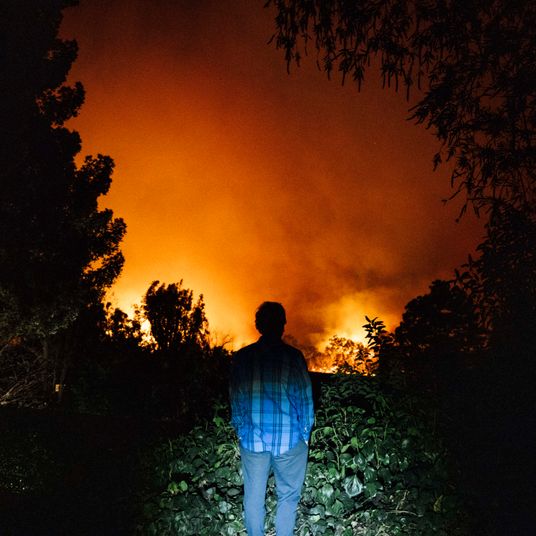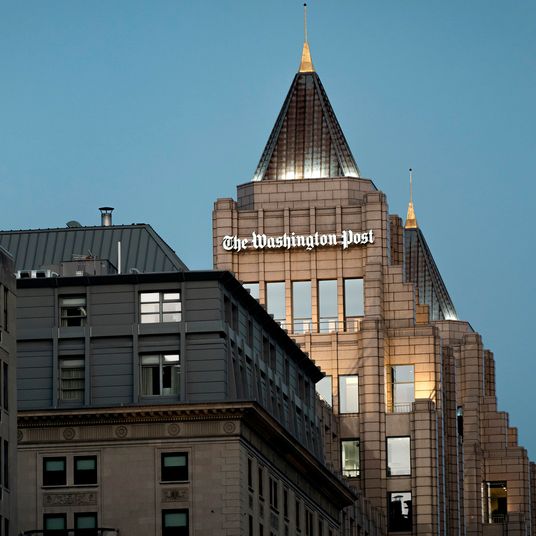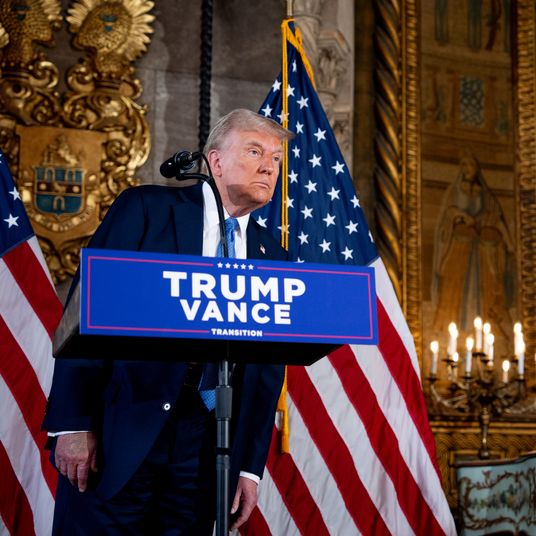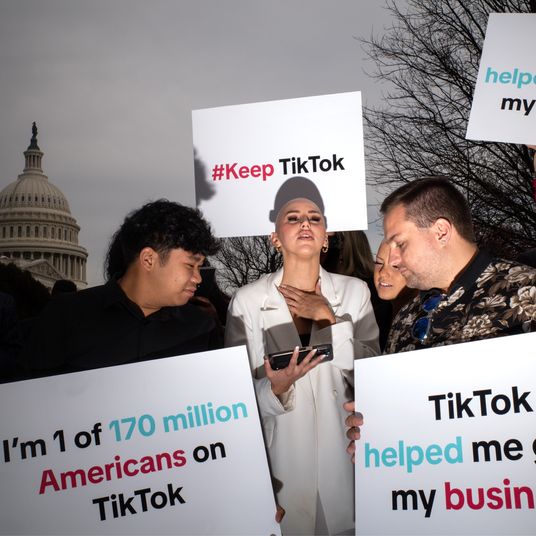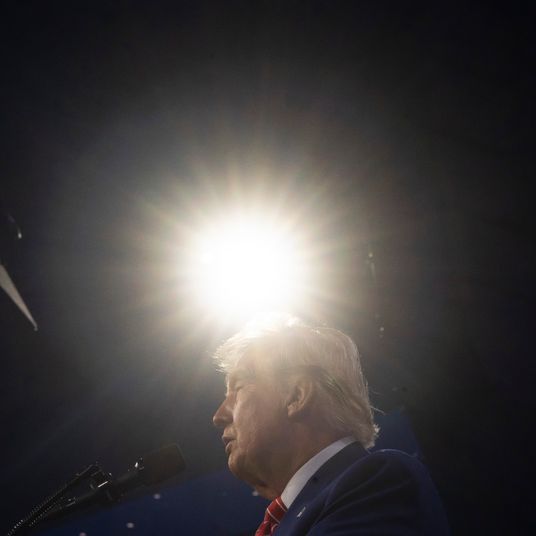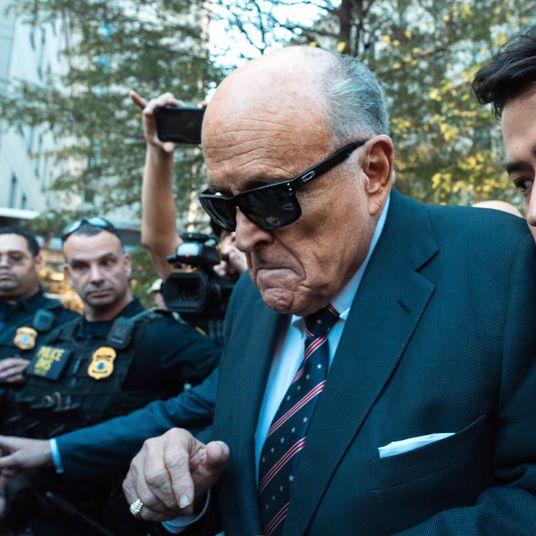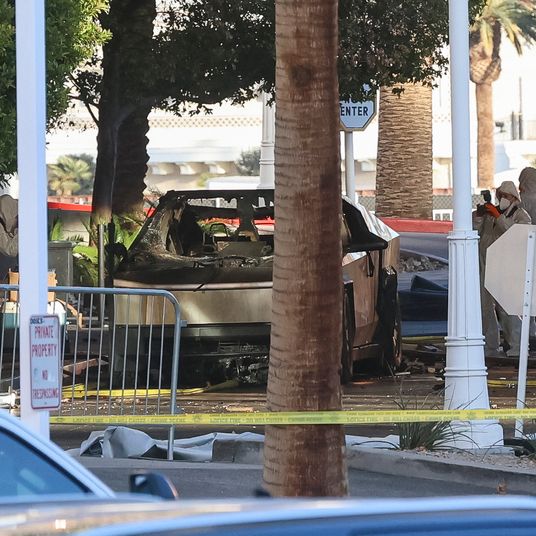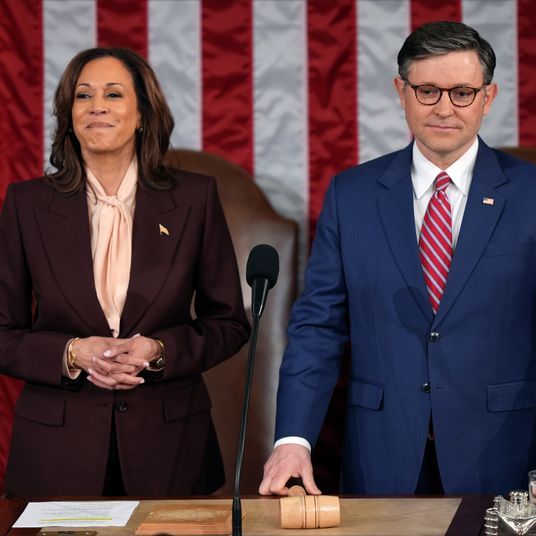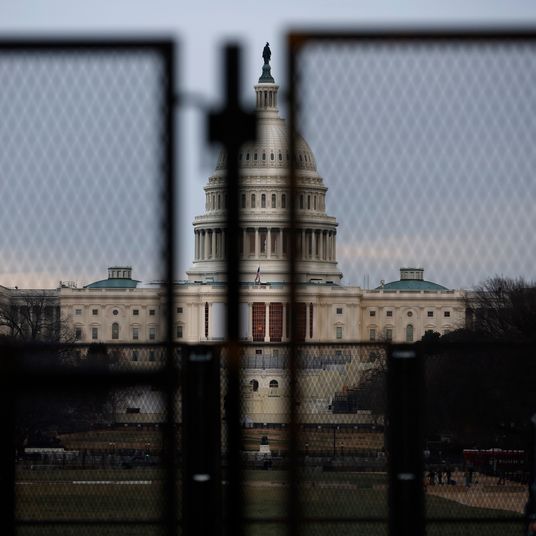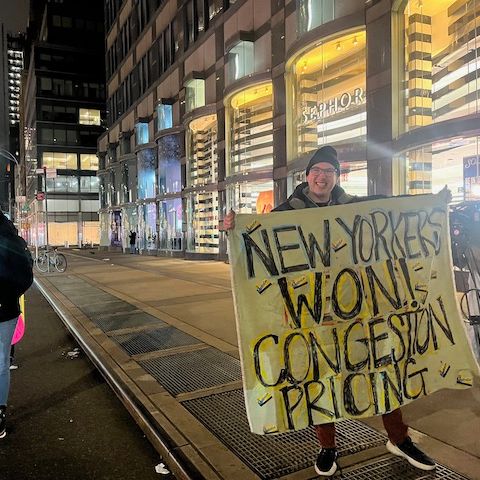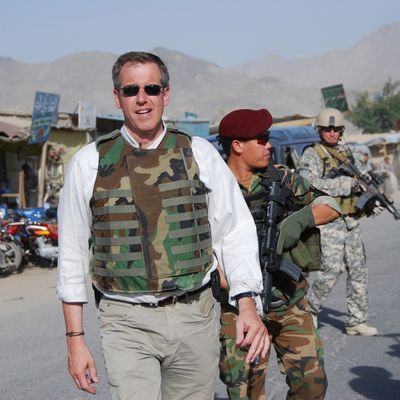
Most weeks, New York Magazine writer-at-large Frank Rich weighs in on the biggest stories in politics and culture. This week, the magazine asked him about a certain news anchor making news of his own.
Let’s talk about the Brian Williams scandal. You’ve been watching him close-up and from a distance for some time. What do you think happened here?
I know and like Brian Williams. He also has better comic chops than anyone who’s ever read the news on network television. But I don’t know him well enough to know what happened here. He owes his viewers a detailed explanation, not just a correction, retraction, or an apology — particularly one as disastrous as the paragraph he slipped into the middle of the Nightly News last week. It was that bit of abject spin, with its all-too-artful use of the word conflate and its invocation of the “fog of memory,” that turned what might have been a one-off, one-week story about a squirm-inducing bit of braggadocio into an epic mess. Instead of taking responsibility for his own actions, he patted himself on the back by attributing his “mistake” to his own selfless “effort to honor and thank a veteran.” A story that had been on the bottom of page B10 in the Times leapt to above-the-fold status on the front page overnight. As the press critic Jay Rosen has written, instead of adding more fog to what happened, Williams should have been out front re-reporting his own story, “interviewing the military veterans who can help him correct his faulty account” — as well as his own NBC News colleagues who were with him on that fateful helicopter ride — rather than leaving that responsibility to every other news outlet, blogger, and amateur sleuth in the nation.
Do you think NBC’s handling of it has been appropriate?
A better question might be: Could NBC’s behavior possibly have been more disastrous? Certainly Williams has few friends at the network. If he had, someone would have told him not to deliver that correction, and someone might also have said that it was a bad idea for him to then be photographed at a Rangers game with Tom Hanks, whose signature screen performances include playing a war hero in Saving Private Ryan and a fictional witness to historical events in Forrest Gump. It was almost a subliminal invitation for social media to go berserk with comic images placing Williams as a vainglorious interloper at key moments of history. The loosey-goosey wording of Williams’s self-proclaimed hiatus from the anchor chair was another public-relations fiasco.
Since then, the network’s executives have entered the witness protection program, as has Williams — the very opposite of the out-front response required. The vacuum they’ve created has been filled by everyone else. As a result their internal fact-finding effort — or investigation, or whatever they are calling it — will be suspect upon arrival.
Almost every scandal inevitably has a political dimension to it. What are the politics here?
In a weird way, the debate over Williams has picked up where the debate over American Sniper left off. The Iraq War remains a festering wound on the body politic. Many of the nastiest Williams critics, online anyway, have been on the right: They view him as Exhibit A of a lying left-wing mainstream media conspiracy and link his scandal to Hillary Clinton’s embarrassing tall tale of facing sniper fire in Bosnia. But neither in public nor private have I ever seen or heard Brian Williams express any partisan political opinion. And the NBC Nightly News, increasingly top heavy with weather stories (and it’s not alone in this), is too anodyne to have any discernible political agenda.
At the same time, liberals, including Jon Stewart, are making the case that Williams is being pilloried for an infraction that is trivial compared to the Bush Administration propaganda about Saddam Hussein’s nonexistent WMD that the news media fed to the public to gin up the war in late 2002 and early 2003. This is completely correct. But it doesn’t let Williams off the hook. NBC News was one of the biggest offenders in that jingoistic parroting of Cheney doomsday scenarios of imminent mushroom clouds; not only did its anchors wear flag pins, but the NBC peacock was rebranded with Old Glory. Neither Williams nor any other prominent NBC News journalist questioned the rationale for the war at that time. And unlike some other major news organizations that made the same mistakes, NBC News never offered a detail public accounting of how it was duped — a sharp contrast to the Times, which eventually owned up in detail to its failure and put reforms in place to try to prevent a recurrence. It doesn’t help Williams either that the NBC boss of that era, Bob Wright, has now come to his defense by saying that Williams should be cheered by the right because he “never comes back with negative stories” about the military. Since when is cheerleading about any subject, let alone war, a journalistic standard?
Why do you think the public has become so obsessed with the Williams story — or, really, have they? Is it just the media that is obsessed?
I don’t know how to measure how much of the noise is a media obsession and how much of it comes from the non-journalistic public. But I do think Dan Abrams has a good point when he says that if this had happened to the CBS Evening News anchor Scott Pelley, “this never would have received anything like this sort of attention.” That’s because Pelley, unlike Williams, does not have the wider audience that comes with performing comic bits on SNL, 30 Rock, and every late-night talk show. Williams, it must be said, is hardly the first hard-news anchor to dabble in entertainment. The legendary template for all broadcast journalists, Edward R. Murrow, traded off his sober news show See It Now with the celebrity interviews of Person to Person. But Williams’s ubiquity in entertainment television likely has contributed to the public fascination with his story.
Is there any point to anchormen at all anymore? How about the Evening News?
Anchormen are, as everyone knows, another “legacy media” casualty in the digital age. The evening news still has an audience that, like that for print journalism, is dying off. Though NBC’s Nightly News is (at least for the moment) the most watched of the three evening newscasts, even it has fewer than 2.5 million viewers in the key demographic of 25 to 54.
Should Brian Williams be booted? Looking at it right now, would you predict he will be?
Brian Williams and NBC News owe the public a detailed, transparent, honest accounting of what went on before either of these questions can be answered fairly. Until that happens, it’s hard to imagine how he could do the job anyway as long as an anchor’s duties include parachuting into war zones and covering politicians and others who tell lies in public life.







